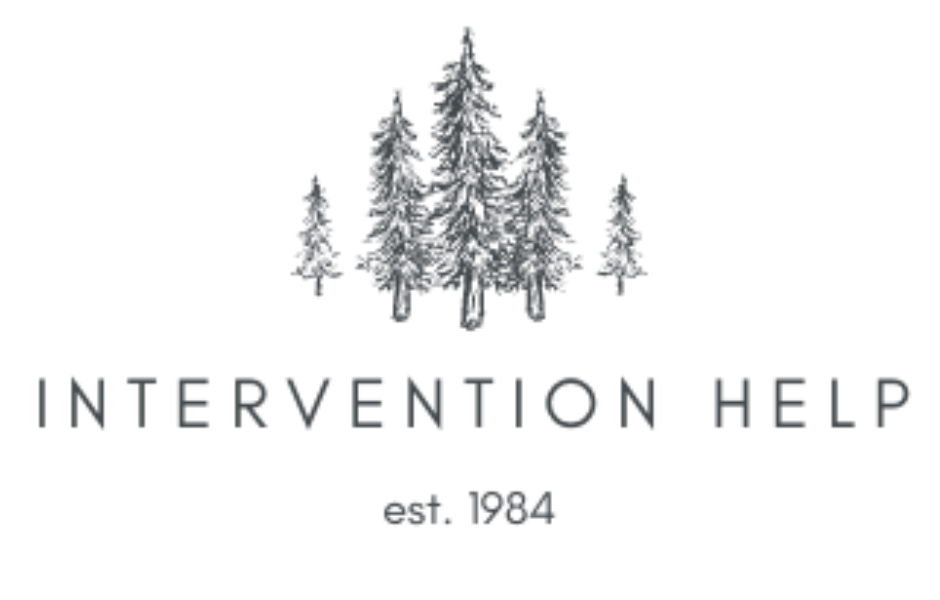What Is a Sober Living House? Your Complete Guide
If you or your loved one is in early recovery from alcohol or drug addiction and is just leaving treatment, you may be wondering how to help them bridge the gap between inpatient and independence. You’ve likely been curious: what is a sober living house or what is a sober living home?
While both phrases mean the same thing, the answer is simple—a sober living residence is a supportive, substance-free environment designed to help people transition from formal treatment to daily life with structure, accountability, and community.
At Intervention Help, we know that the right sober living arrangement can make all the difference in maintaining sobriety, rebuilding relationships, and fostering long-term recovery. This blog will explain how sober living houses and sober living homes can support people in their sobriety journey.
What Is a Sober Living House?
If you’re wondering: what is a sober living house used for, think of it as a bridge between treatment and independent living. It’s ideal for people who are stable enough to leave treatment but need a supportive environment to prevent relapse.
Essentially, a sober living house is a drug- and alcohol-free residence where individuals in recovery live together and support each other. Unlike a treatment center, a sober living house does not provide formal therapy or clinical services. Instead, it offers peer support, structure, and accountability—helping residents apply the tools they’ve learned in treatment while gradually reintegrating into daily life.
What Is a Sober Living Home?
A sober living home is the same thing as a sober living house. The term “home” simply emphasizes the comforting, communal, and residential nature of the space. What is a sober living home for, then? It’s designed to provide people in recovery with a stable, structured living situation where sobriety is supported and nurtured.
In both sober living houses and homes, residents are typically required to attend recovery meetings, maintain employment or pursue education, follow house rules, and contribute to the community environment.
How Sober Living Supports Recovery
Whether you’re asking what is a sober living house or what is a sober living home, both offer critical support for people at a vulnerable stage in their recovery journey. These environments help residents:
Build accountability and healthy routines
Develop friendships with others who understand their struggles
Reinforce coping skills learned in treatment
Prevent relapse during the transition to independent living
At Intervention Help, we understand that sober living is just one piece of a successful recovery plan. Many people need additional structure and guidance as they navigate this next chapter.
How Intervention Help Supports You After Treatment
If you or your loved one is transitioning to a sober living environment, professional guidance can help prevent relapse and provide extra accountability. That’s where sober coaching comes in.
At Intervention Help, we offer sober coaching to provide daily structure, emotional support, and personalized guidance during early recovery. Our sober coaches help clients navigate sober living expectations, reinforce healthy habits, and rebuild their lives with confidence. Intervention Help is led by Stacy Plaisance, a dedicated professional whose journey in the field of behavioral health and substance use counseling spans nearly two decades. Her path is marked by a deep commitment to fostering healing and resilience in individuals and families navigating addiction and mental health. She and her team are dedicated to supporting your family through this challenging time.
If you’re considering sober living, or have questions beyond what is a sober living house or what is a sober living home, know that you don’t have to walk this journey alone. Our sober coaching services are designed to meet you where you’re at—helping you or your loved one build a strong foundation for long-term recovery.


